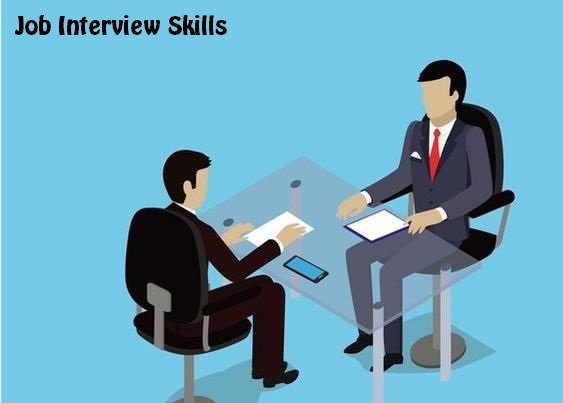
You never get a second chance to create a first impression. You must look and act the part before they will offer you the job. Take care to present a professional image, one that merits respect.
How to Look
• Dress professionally and appropriately for the job. Men should wear a suit, shirt and tie. Women should wear a pant suit or dress, making sure clothing is modest. Your clothes must be neat, clean and freshly pressed. Don’t forget to shine your shoes.
• Avoid excessive jewelry, excessive make-up or extremes of fashion.
• Cleanliness of appearance and personal hygiene are a must. Be careful of strong perfumes or colognes.
How to Act
• Allow time for travel, parking and walking. Check in five to ten minutes early. Be friendly and courteous to everyone you meet at the interview. Employers may ask receptionists about their impressions of you.
• Offer a friendly greeting; extend a firm handshake.
• Maintain eye-to-eye contact.
• Address the interviewer as Mr. or Ms. unless they ask you to call them by their first name.
• Sit up straight in your chair or on the edge of your seat. You should be formal, but don’t be afraid to be comfortable and relaxed.
• Be friendly, smile, use your hands, add humor. Act relaxed but don’t dominate the conversation.
• Have a positive attitude. Say positive things about yourself and others.
• Listen carefully to the interviewer’s questions.
What to Avoid
• Don’t sit down until you are invited to.
• Never chew gum.
• Avoid nervous habits. Don’t tap your pen, drum your fingers, or rock in the chair. Also, avoid the repetition of slang words.
• Don’t over-answer questions or overstate your abilities and accomplishments.
• Don’t bring anyone with you to the interview. If you must, have them wait outside.
Common Interview Mistakes
- Forgetting to turn off all electronics, i.e. cell phones, pagers, etc.
- Making weaknesses seem positive. Interviewers typically ask this question to find out more about you and how you improve things in your own life, not to hear you spin the question in the opposite direction. Be clear about how you are improving your skills in whatever weakness you choose.
- Not asking questions. Most interviewers are impressed when you prove that you researched the company and position you are applying for.
- Don’t talk forever. Research indicates that you have the interviewer’s attention for roughly 30-60 seconds per answer.
- Being arrogant instead of confident.
- Not dressing appropriately, slouching, and not making eye contact.

